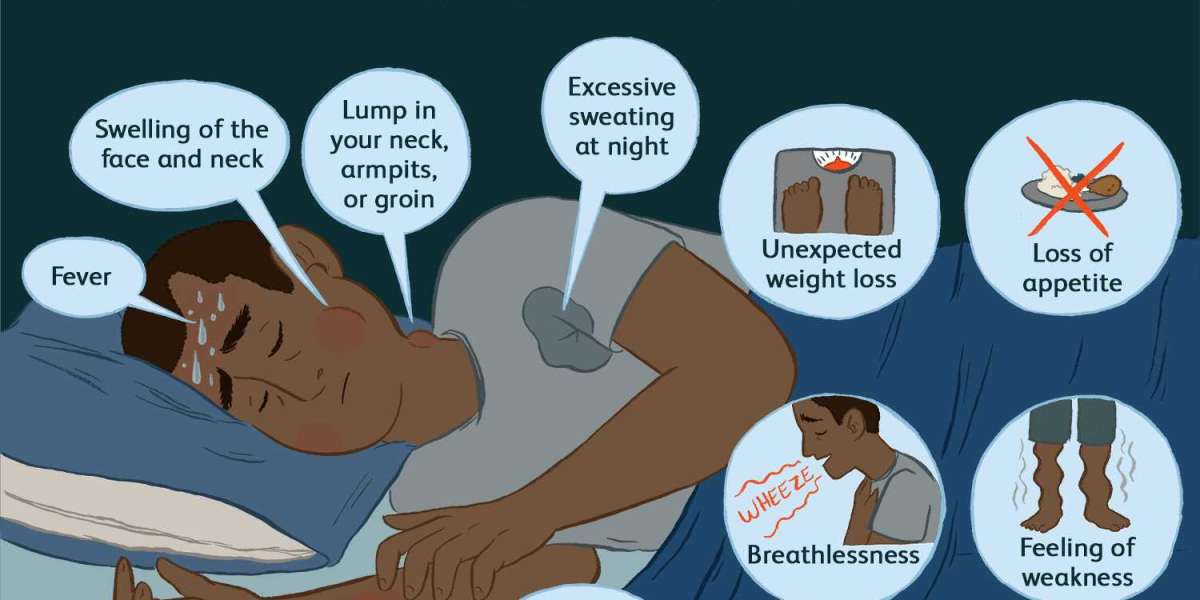Have you come across the term Lymphoma at some point in your life? Maybe you know one or two individuals who are currently contending with this health complication. Lymphoma is a cancer of the lymphatic system, which is part of the body’s germ-fighting network. The lymphatic system comprises of the lymph nodes, spleen, thymus gland and bone marrow.
Lymphoma has the potential to affect all those areas as well as other organs throughout the body. Keep in mind there are different types of Lymphoma you might contend with. Among the main subtypes you should know about include Hodgkin’s Lymphoma and Non-Hodgkin’s Lymphoma. Other notable types include Waldenstrom macroglobulinemia, Cutaneous T-cell Lymphoma, and Cutaneous B-cell Lymphoma, to mention a few.
The good news is you can treat Lymphoma and bring your life back on track. However, what Lymphoma treatment is perfect for you depends on your Lymphoma type and severity. Lymphoma treatment may entail chemotherapy, immunotherapy medications, radiation therapy, a bone marrow transplant, or some combination of these.
Also, it is important that you better understand the signs and symptoms of Lymphoma. After all, you want to detect it and seek medical attention within the shortest time possible. Among the common signs and symptoms of Lymphoma include, fever, painless swelling of lymph nodes in your neck, armpits or groin, persistent fatigue, night sweats, shortness of breath, unexplained weight loss, and itchy skin, to mention a few.
You might already be wondering about what brings Lymphoma. Well, doctors are unsure of what causes Lymphoma. But it starts when a disease-fighting white blood cell called a lymphocyte develops a genetic mutation. This mutation tells the cell to multiply rapidly, causing many diseased lymphocytes that continue multiplying.
Also, the mutation allows the cells to go on living when other normal cells would die. This causes too many diseased and ineffective lymphocytes in your lymph nodes and caused the lymph nodes, spleen and liver to swell. Some of the factors that can increase the risk of Lymphoma include; your age, being male, having an impaired immune system, and developing certain infections.
No one wants to make do with Lymphoma or any other health complication in their lifetimes. Either way, it is always better to understand what this complication is all about. That’s the only way you stand a good chance of keeping it at bay and safeguarding your future health.








